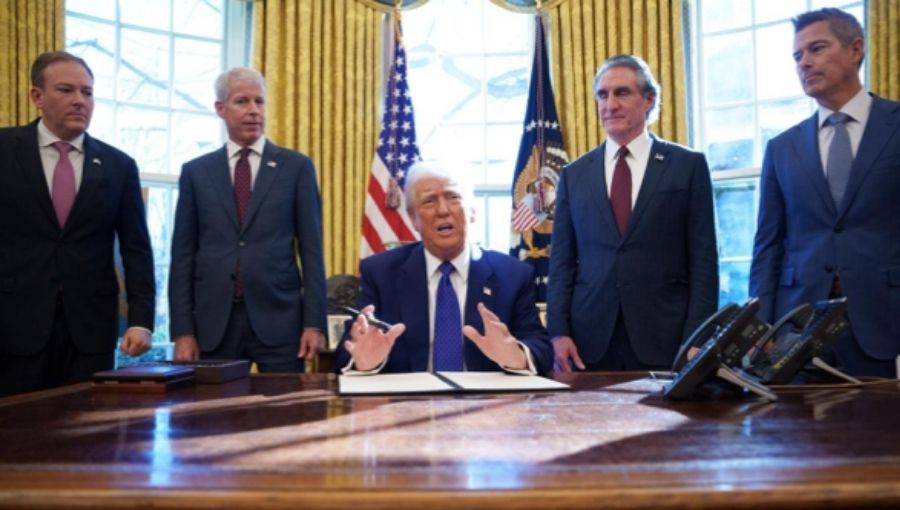The article, written by Ariel Cohen, highlights why the US should take care to remain a leader in energy storage. Specifically, the inability of renewables to provide a continuous energy supply like natural gas is cited as one of the biggest limitations in this area, while storage can lower energy costs, outpace technological competition, and protect critical infrastructure from Chinese batteries. By storing excess energy generated during peak hours, energy storage can reduce the impact of natural phenomena on energy production and thus correct imbalances between supply and demand.
Another important issue that the paper focuses on is the role of storage in energy security. While energy storage ensures the continuity of critical infrastructure by providing backup power, especially in emergencies, it is also considered a strategic technology for the US to maintain its energy superiority and stay ahead in the renewable energy race. While China’s leadership in lithium battery production poses economic and security risks for the US, it is emphasized that the US should develop its own capacity in this area. Companies developing alternative solutions to the limitations of lithium-ion batteries, such as their short lifespan and environmental problems, are also discussed, and these new technologies are expected to become more affordable in the future with increasingly cheaper battery prices.
Translated with DeepL.com (free version)

